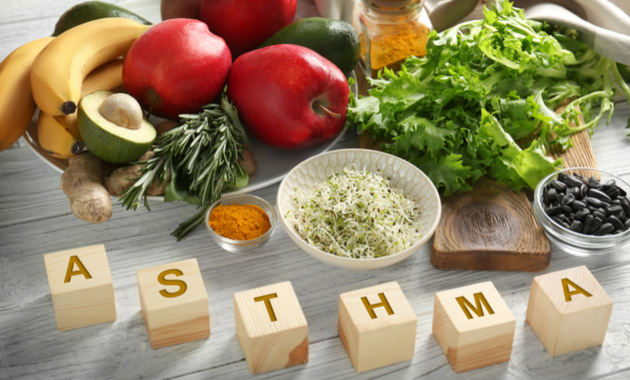More than 10 million American’s throughout the United States suffer from asthma. Asthma is very common, with doctors considering it to be a new epidemic. Most Americans who suffer from asthma blame it on environmental pollution, along with the increasing exposure of toxic chemicals throughout the air. Deaths that result from asthma are on the rise, due to those who have it not recognizing the early warning signs.
The condition of asthma causes the airways in the lungs to swell, throw out thick mucus, and over time spasm. The swelling that takes place will make the airways smaller, making it difficult to breathe. The first attack from asthma that you experience may include congestion, pain, wheezing, a shortness of breath, dryness in the mouth, coughing, and a feeling as if you have a fever.
Contrary to what you may think, just about anything can result in asthma. The more common triggers of it include allergies, an upper respiratory infection, stress, over exertion in exercise, or even the lack of a proper diet. Out of all the triggers, allergies tends to be the most common.
In most cases, asthma attacks are the result of exposure to things such as smoke, pollen, gas odors, and even automotive exhaust. Foods can also trigger attacks as well, such as peanuts, corn, chocolate, and almost all dairy products. If you take any type of antibiotics, tranquilizers, or hormones, it may prompt asthma. Asthma is a serious and somewhat annoying condition, one that millions of us face on a daily basis.
There are several mineral, vitamin, and herbal supplements that you can take to treat asthma. Among all that you can take, vitamin B is among the most important. Vitamin B maintains a biochemical balance in the body and it can also reduce the severity of the attacks. If you take vitamin A and E together, they can work to protect your lungs against air pollution.
Foods rich in Vitamin B include:
- Milk
- Cheese
- Eggs
- Meat, such as chicken and red meat.
- Fish, such as tuna, mackerel, and salmon
- Shellfish, such as oysters and clams.
- Dark green vegetables, such as spinach and kale
Vitamin D is a fat-soluble vitamin that is made in the skin after sun exposure, and it is also found in dairy and other food products. Vitamin D is essential to bone health It also helps strengthen the adaptive immune response, the part of the immune system meant to identify specific disease-causing microorganisms, some of which like respiratory viruses – trigger asthma attacks.
Foods rich in Vitamin D include:
- Milk and fortified milk
- Fortified orange juice
- Oily fish – such as salmon, sardines, herring and mackerel.
- Red Meat
- Liver
- Eggs
- Fortified foods – such as some fat spreads and breakfast cereals.
You can also take large doses of vitamin C as well, as it is very effective in fighting asthma. Vitamin C has anti-inflammatory and antioxidant properties that may benefit people with asthma. It has been proposed that vitamin C can reduce the oxidative stress placed on airway tissues which, in turn, may reduce their hypersensitivity to common asthma triggers.
Foods rich in Vitamin C include:
- Broccoli, Brussels sprouts, and cauliflower.
- Green and red peppers.
- Spinach, cabbage, turnip greens, and other leafy greens.
- Sweet and white potatoes.
- Tomatoes and tomato juice.
- Winter squash.
Gingko biloba is effective as well, as it will enhance your breathing and help with your bronchial reactions. Oder-less garlic is another great choice, as it contains an anti-inflammatory agent that will reduce your chances of an attack. Throughout the world of vitamins and supplements, there are many different things that you can take to fight back against asthma.
Gingko isn’t typically found in foods so it is best to be taken in supplement form.
If you find you aren’t getting enough of any of the vitamin’s listed – supplements may be required.
Anytime that you suspect you may have asthma, you shouldn’t hesitate to go to your doctor and be tested for it as soon as possible. Your doctor will be able to tell you if you have it, and how severe it may be. In the meantime, you should avoid known triggers and be sure that you are eating a high protein diet with plenty of fruits and vegetables. You should also eat a few meals throughout the day, instead of sticking with the three most common meals – breakfast, lunch, and dinner.
As a whole, asthma can be very stressful. There are ways that you can fight back and help to eliminate asthma, which is always great news. If your doctor tells you that you indeed have asthma, you should ask him any questions that come to mind, as well as his advice on what you should and shouldn’t do. Even though it may not seem like it at the time, asthma can be prevented, and it doesn’t always have to stop you from doing things you love to do.
Although it may slow you down – you can always stop it.







Be First to Comment